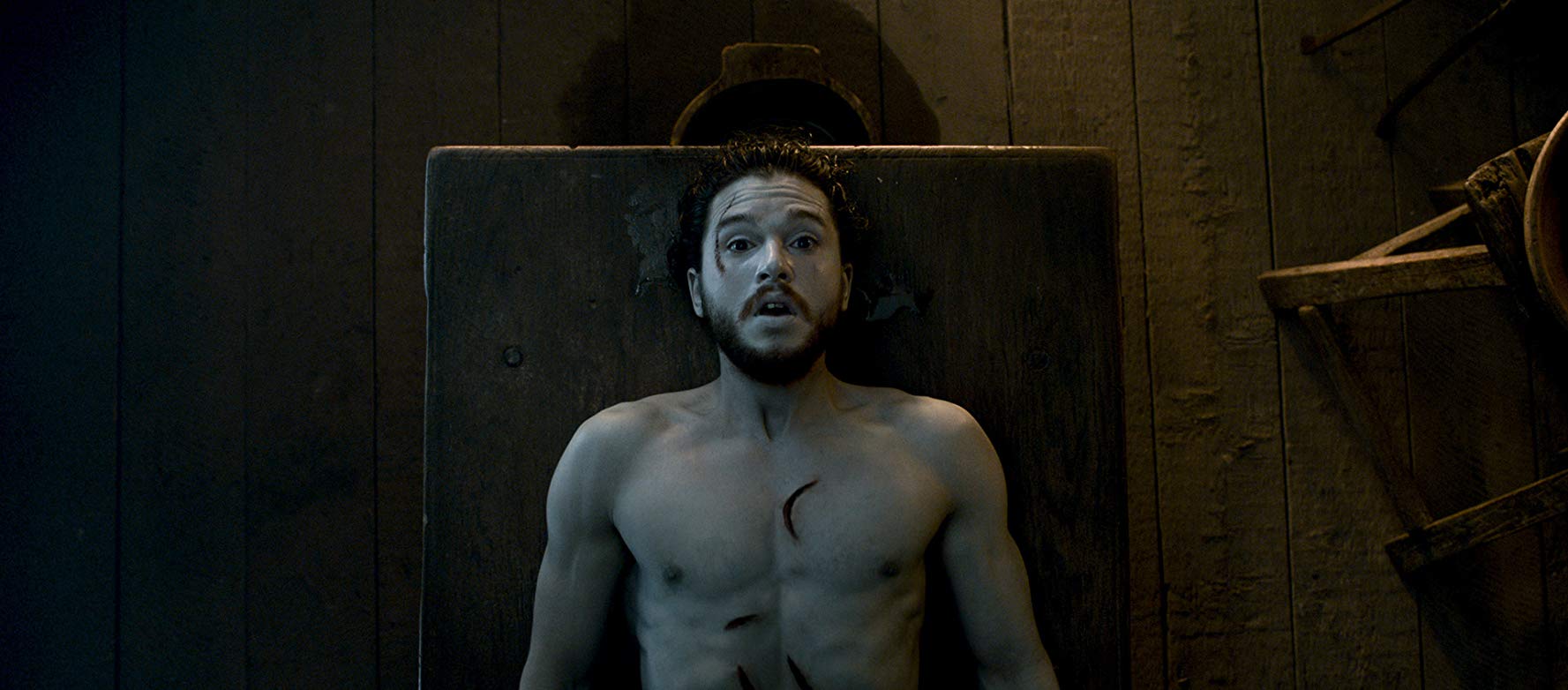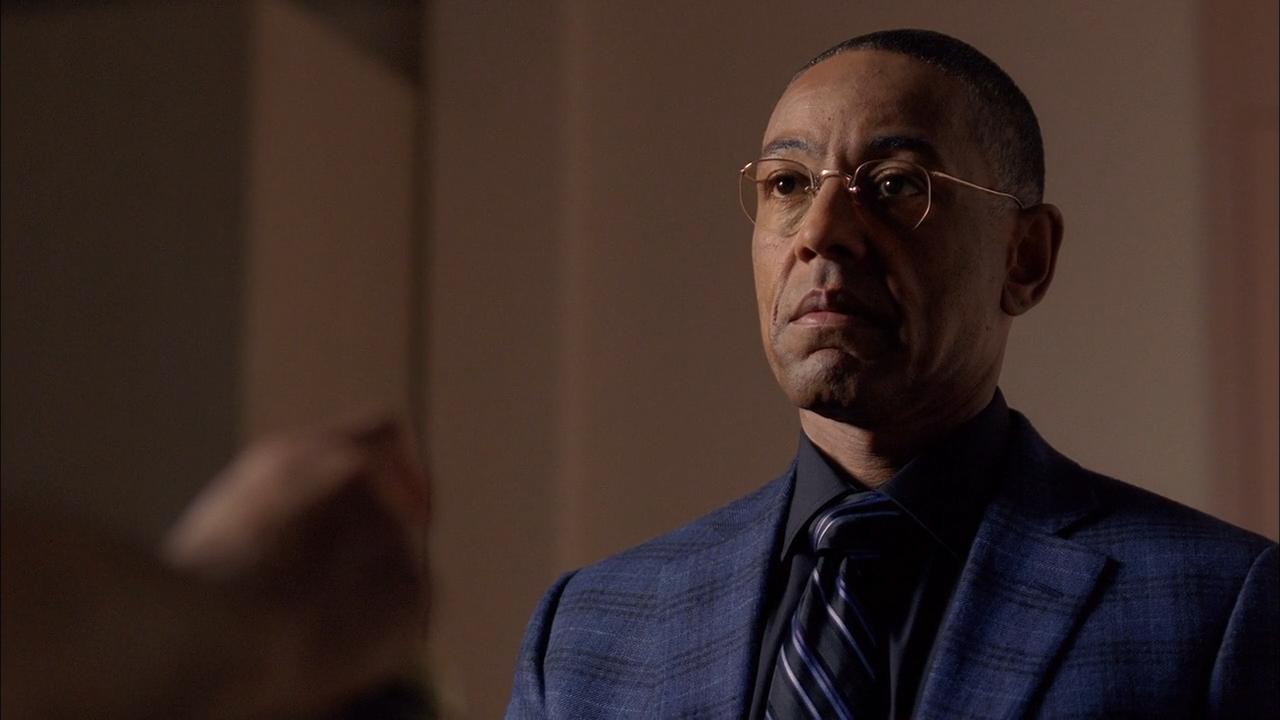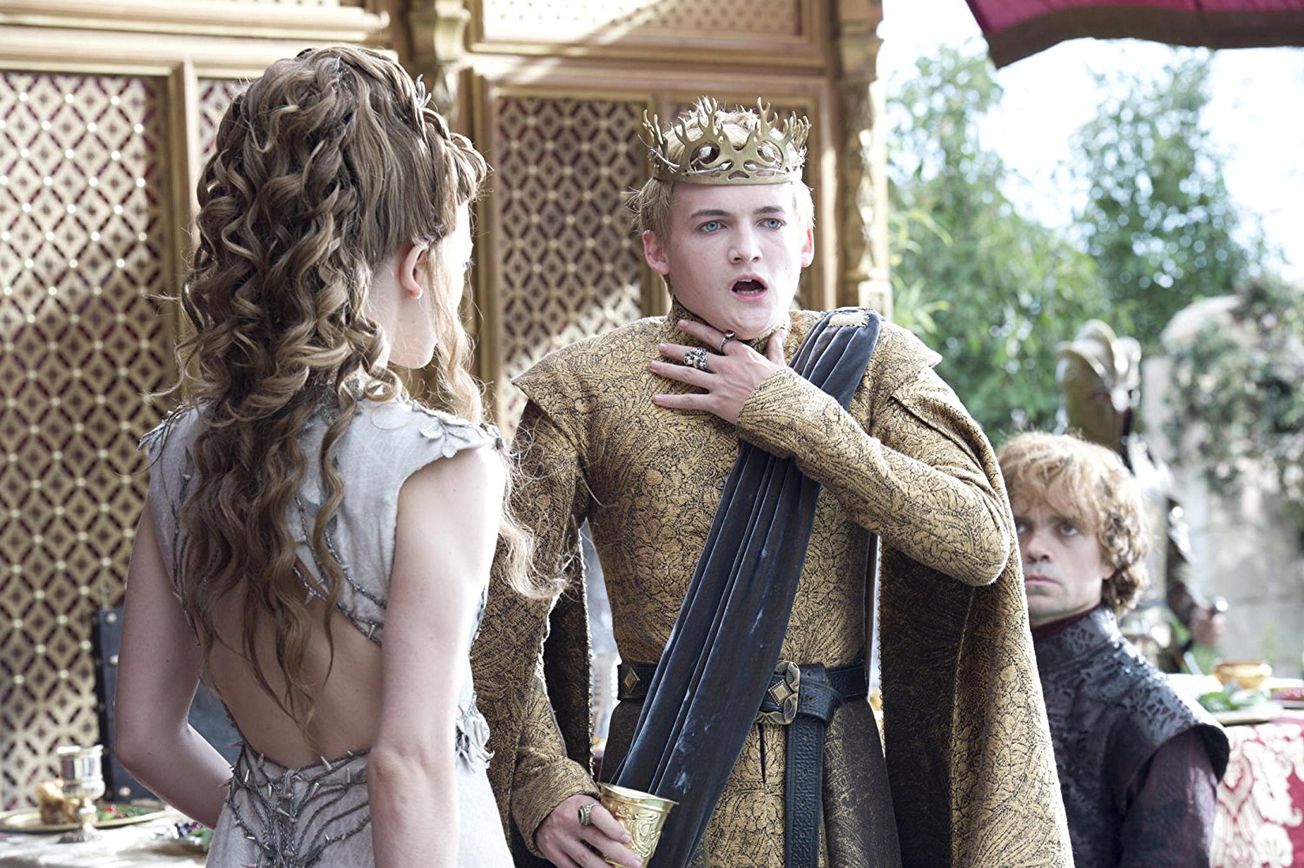By Laurence Boag-Matthews, Second Year, Liberal Arts
The two shows have ruthless records when it comes to saying goodbye to its characters, as Epigram Film & TV begins its series on ‘Farewells’.
The two shows that defined my entry into TV drama viewing were Game of Thrones (2011-2019) and Breaking Bad (2008-2013), premiering within three years of each other. They both helped kickstart the current thirst for great TV drama, and the potential for large-scale streaming services. Though they are quite different genres, both have high body counts and deal with significant deaths inventively.
Warning: this piece contains spoilers, but nothing from the current Game of Thrones series!
Game of Thrones discussions often centre around who has died, who will die, who killed whom, who will come back to life, and how all this will affect the plot. The cycle of life and death - which is often disrupted - has been a major driving force in the show and deaths often hit ‘Hardhome’ - sorry, home hard. When it comes down to it, despite its fantasy setting, the show kills as mercilessly as the real world, albeit not always in real world ways.
Especially in the first few seasons, it was compelling that in Westeros death was always just around the corner - and that no-one was too important to be immune. While it does deliver cathartic deaths of the villains we expected e.g. Tywin’s (Charles Dance) classic toilet bound demise and Viserys’ (Harry Lloyd) iconic golden crown; where GoT has truly excelled has been in the unexpected or banal deaths of characters who have grown familiar or whom we simply do not expect to die.
As the final season takes place, it is important to remember the shocking precedent set by the execution of Ned Stark (Sean Bean) the show’s main protagonist - and the highest billed actor - within the first series. This iconically wrong-footing death completely confounded its audience, and crucially allowed many of the events in the rest of the show to be set in motion. Further, his death freighted the actions of other characters with danger, they might be just as expendable. An episode later, we see another main protagonist Daenerys (Emilia Clarke) willingly walk into fire; with Ned Stark’s death hot on her heels, the moment carried so much weight as we didn’t know if the series would kill her off just as easily.
Game of Thrones’ memorably less rigorous application of the death sentence later in the series may be argued to have undermined the sense of tension that this initial callousness set up. The murder - and resurrection - of Jon Snow (Kit Harington) seemed to stem from a need to facilitate a number of plot elements. Firstly, to provide another emotional and shocking death scene for the audience, but also to provide a means for him to break his oath to the Night’s Watch which states that: 'It shall not end until my death. I shall take no wife, hold no lands, father no children. I shall wear no crowns and win no glory'. Given that Jon subsequently needs to take up his position as Lord of Winterfell - and who knows, maybe in the end the King of the Seven Kingdoms? - and have some love interests, this is quite a pressing issue. However, although it is a show that still kills off important characters, the sense that absolutely everyone is at risk has been significantly reduced.

Breaking Bad is premised on Walter White’s (Bryan Cranston) cancer diagnosis, viewed sometimes in the show as a kind of ‘death sentence’. The show approaches death in a similar way to Game of Thrones in that it is often doled out in a visceral ‘real world’ kind of way - there is disease as well as murder, though the villains do not hesitate to kill. However, it’s the cathartic deaths when character’s villainy demands it, or where it is needed to provide a satisfying ending to a character arc, that provide the really memorable moments.
The most iconic deaths illustrating these cases are surely those of Gus Fring (Giancarlo Esposito) and Walt. Gus’ death in the episode ‘Face Off’, not only delivers on shock value with the double bluff of him walking out seemingly unscathed before the reveal of the other side of his body, it also brings the audience a sense of twisted justice - while Walt is also by this point a villainous character, Gus is somehow worse still and we still root for Walt to prevail. Furthermore, the event is extra satisfying for plot development and the development of the characters involved: Walt’s involvement and his single motive being victory over Gus rather than attempting to save more lives or vengeance on behalf of victims mean this murder becomes a critical point in Walt’s descent into total moral corruption.

Walt’s demise seemed for many a poetic and fitting end to the series. It was ultimately a satisfying finale, especially due to the hype surrounding it, and the difficulty to please the huge audience that the show ultimately drew. As Walt’s cancer was the trigger for the events of the series, we knew that it was always a possibility that he would die. It has been described as one of the greatest television endings of all time - the show comes full circle in that the finale and the pilot both take place on Walt’s birthday - who can forget the iconic veggie bacon 50, possibly the best mid life crisis symbolism in screen history.
The audience was satisfied with our ‘goodies’; Skyler (Anna Gunn), Jesse (Aaron Paul), and Walt Jr. (RJ Mitte) getting their best possible endings given the circumstances. However, there’s also a sense of final satisfaction for Walt himself, he has been able, to an extent, to choose how he goes out, rather than let his disease or another character determine his fate, which delivers the undercurrent of moral ambiguity central to the show.
Don't talk to me about character arcs in #GameofThrones when we had the peak of Walter White in this most iconic scene of TV series history. #BreakingBad pic.twitter.com/lswXx9TGa3
— Captain Haddock (@Nima_Dabirian) May 7, 2019
These two shows demonstrate the power death can have as a plot point in a TV setting. Breaking Bad’s use of Walt’s death as a tool of suspense, choosing to end the way it did allowed the creators to maintain the weight behind death in the series, it was not a clear cut good defeating evil. On the other hand, Game of Thrones could be accused of literal overkill in its early seasons, leading to the deaths becoming less impactful later in the series. The genius of Game of Thrones was its breaking away from the clear cut dichotomy of heroes versus villains that we expect from fantasy. We have yet to see if it can pull off a finale that delivers on the peril established in earlier series that made it so refreshing when it began.
Featured Image courtesy of HBO
What was your most shocking death from Game of Thrones or Breaking Bad?
Facebook // Epigram Film & TV // Twitter








